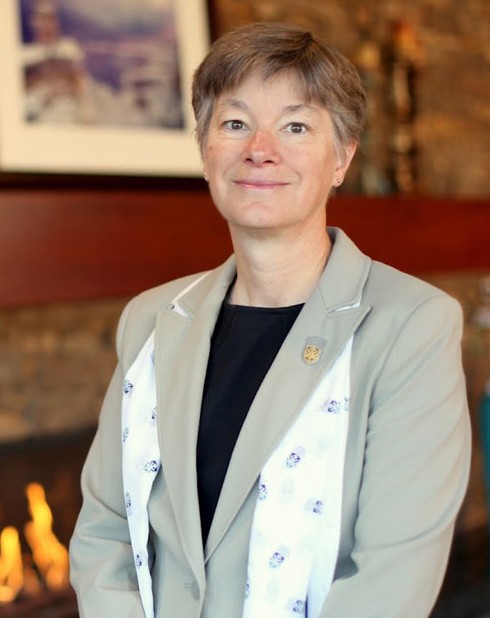By Laura Huenneke, Provost
We often talk of providing an excellent undergraduate education. But what do we mean by excellence and educational quality? We need to get beyond rhetoric to a detailed vision–and then deliver.
Most of us see the personal interaction between students and faculty as a core component of quality education. But it is much more than just small classes and good intentions.
Rich up-to-date course content is one important element. Given the background of today’s students, pedagogical approaches aimed at engaging and challenging them (not just demanding memorization) are also necessary. The President’s Technology Initiative and the wonderful resources of e-Learning and of Cline Library are aimed at helping faculty strengthen both aspects of a course. Our First-Year Learning Initiative, high-impact teaching practices encouraged by the National Survey on Student Engagement, and our curricular mapping and assessment projects all contribute to the quality of our programs.
Moreover, we’ve established ambitious learning outcomes for all students: critical thinking, analytical and communication skills, understanding an increasingly global and multi-cultural world. Our students’ performance in the ETS Proficiency Profile suggests we are doing a good job with critical thinking; many of our Liberal Studies courses aim at this. But the same nationally normed assessment demonstrates a need to enhance our students’ writing skills.
Finally, academic quality is also about completion and progress. The education is of no use to students if they cannot succeed and graduate. We need to keep expectations high while at the same time creating pathways to success.



